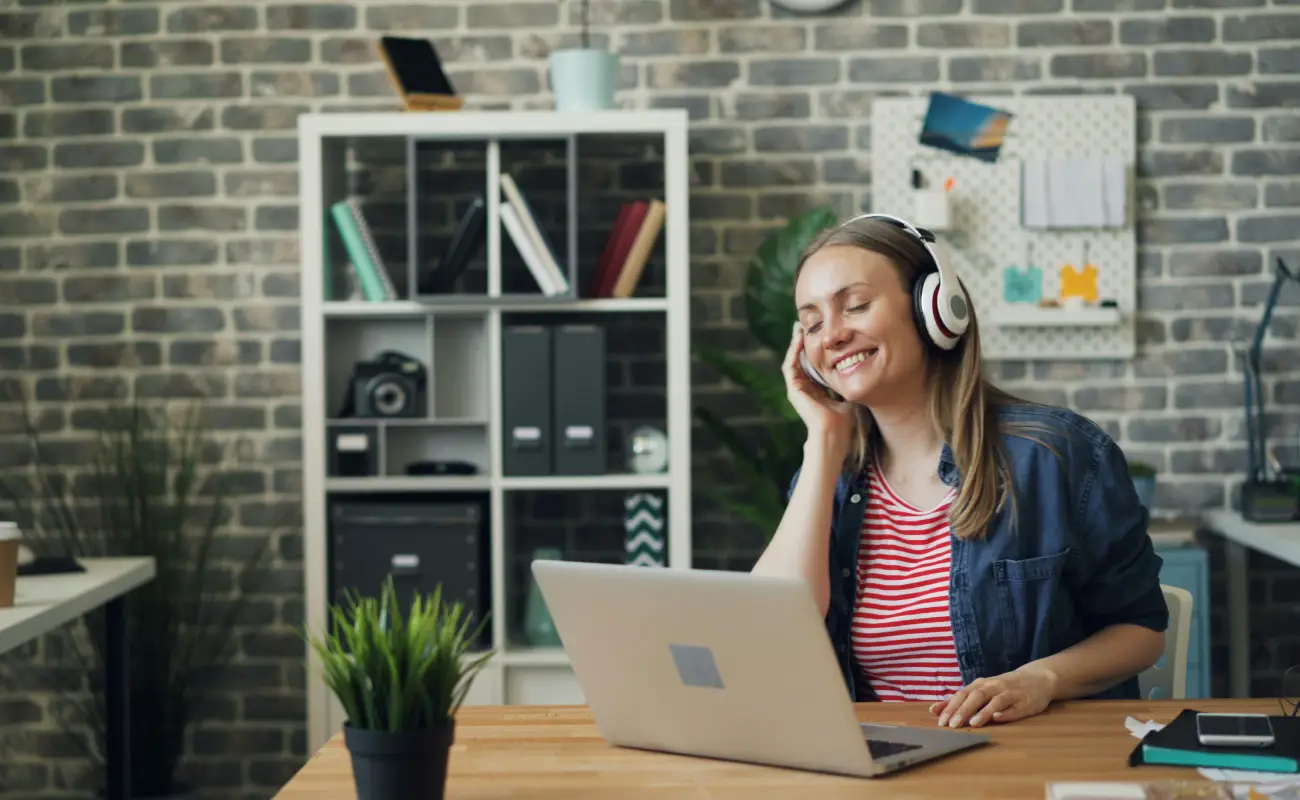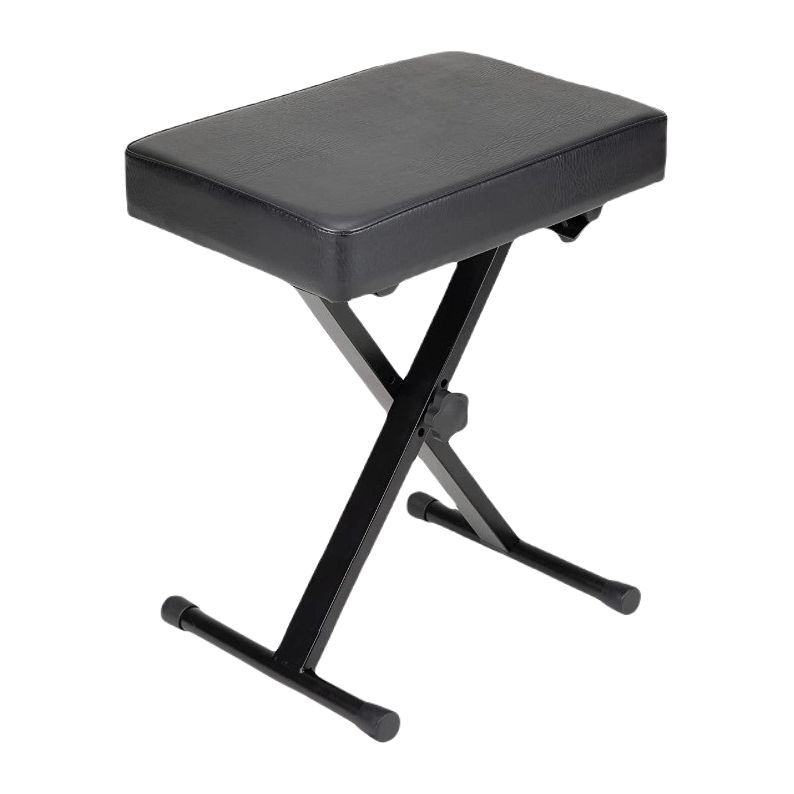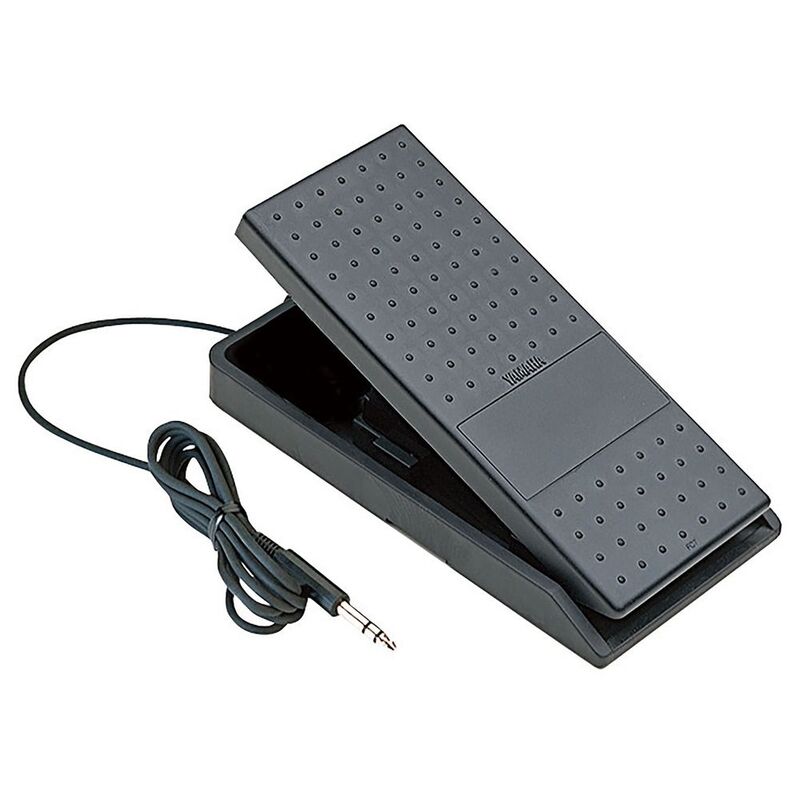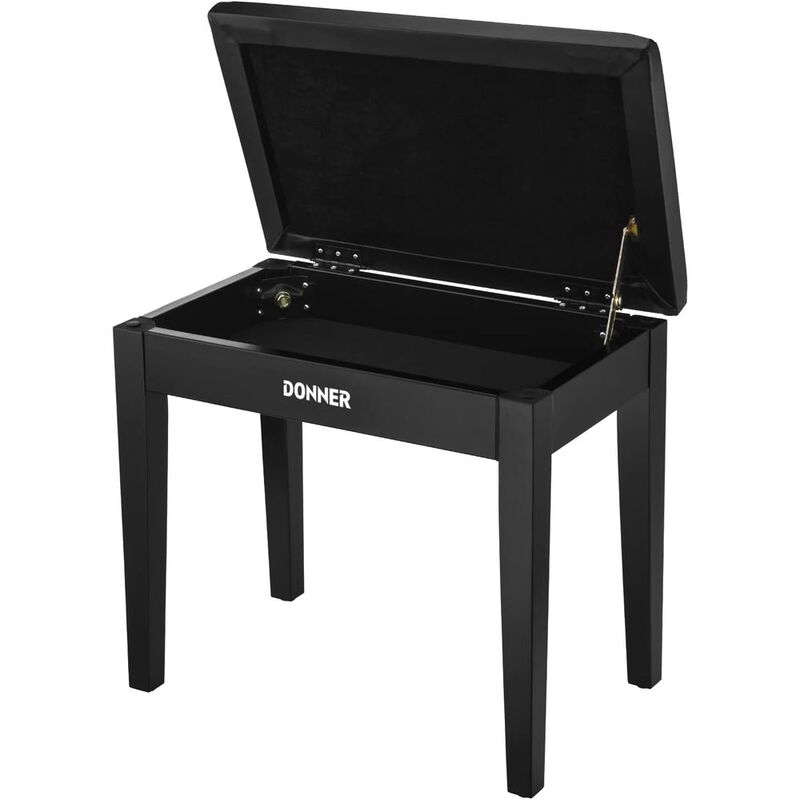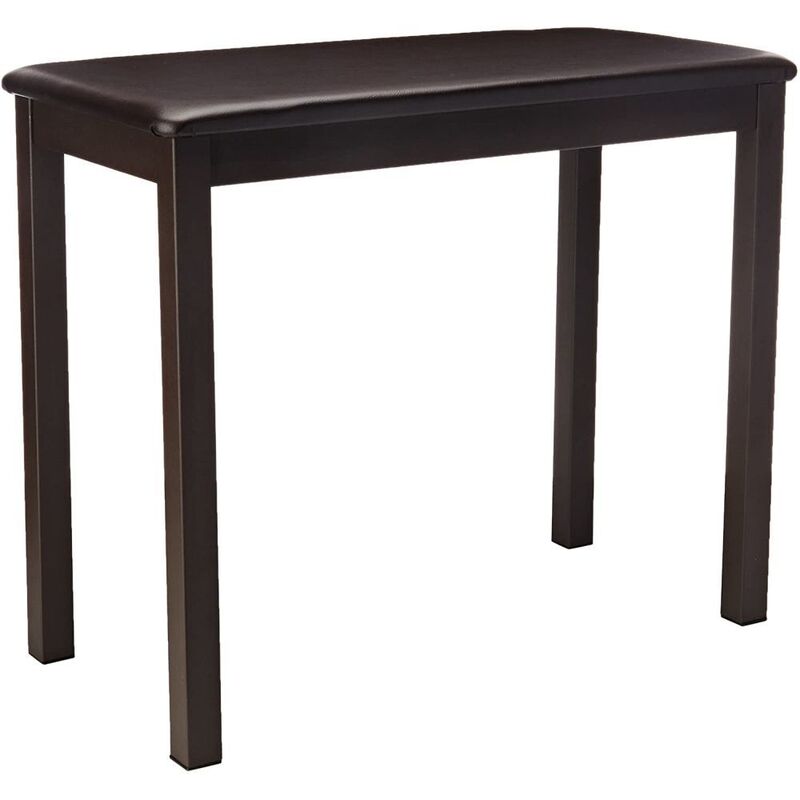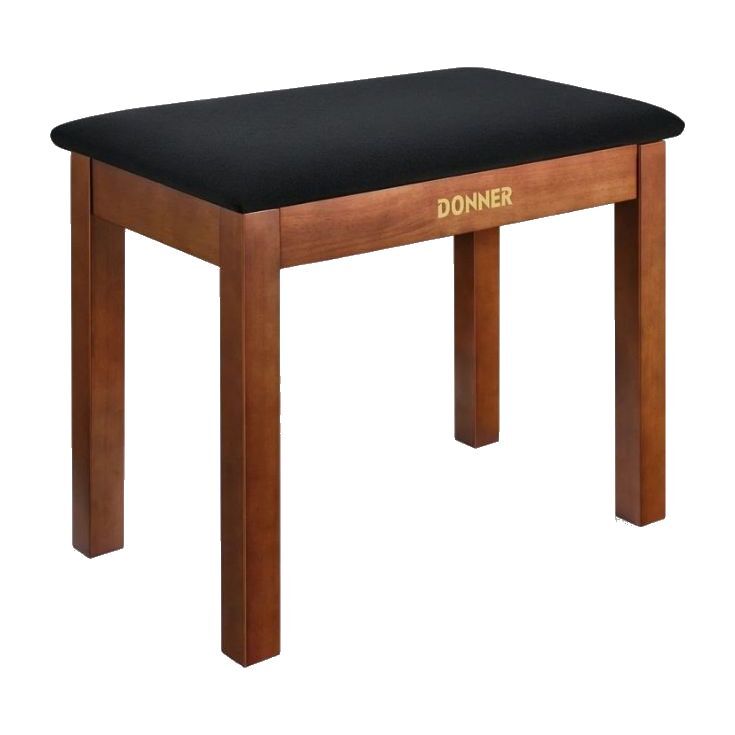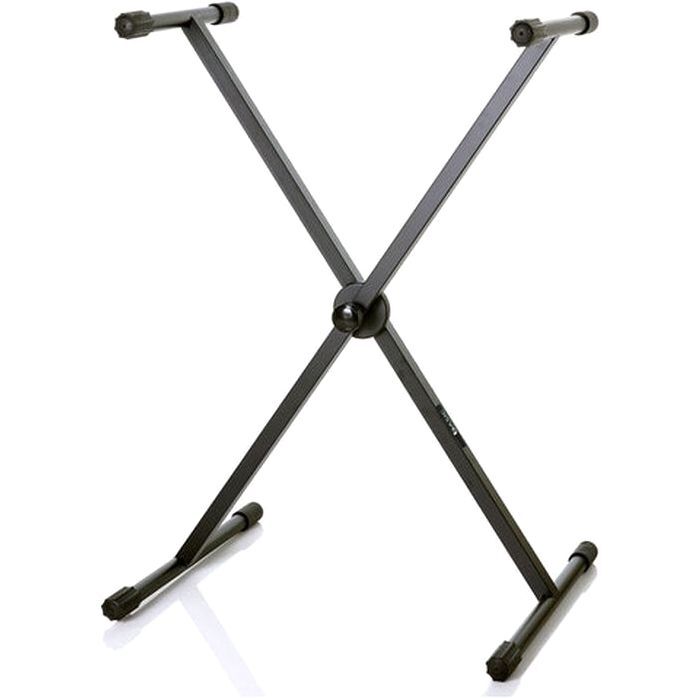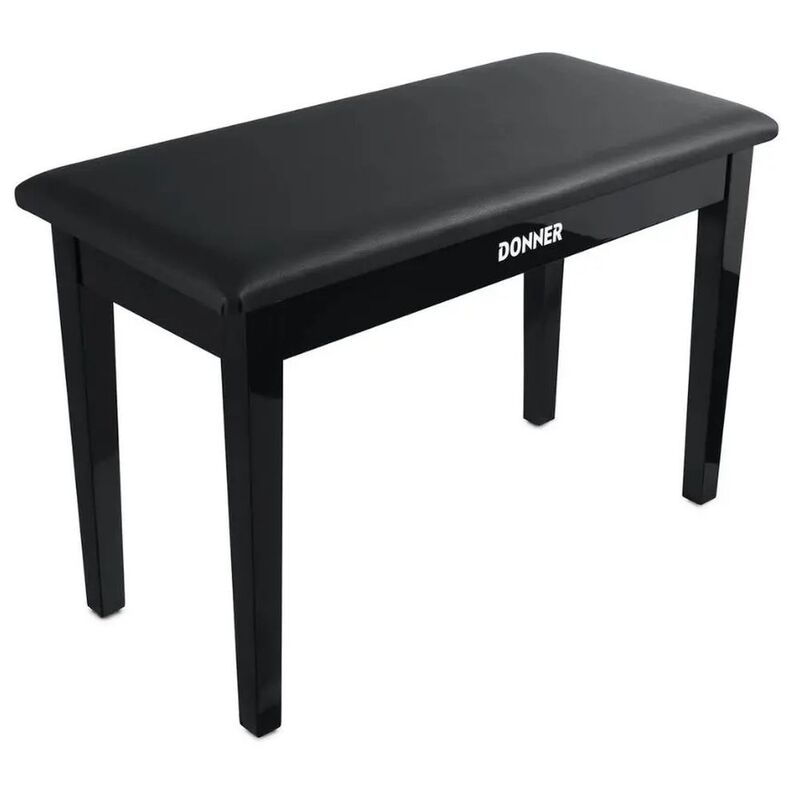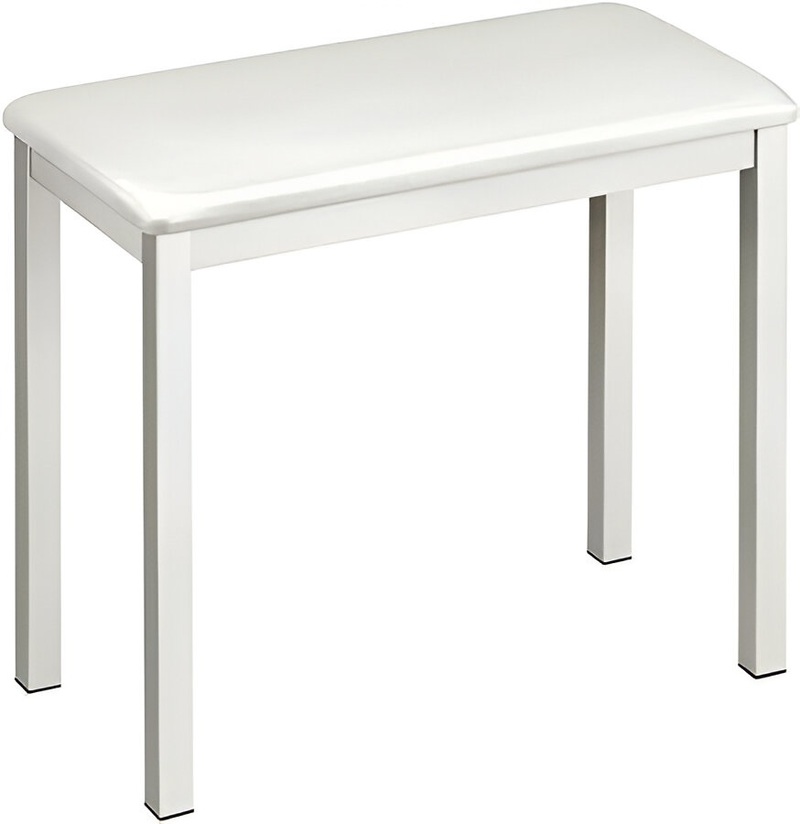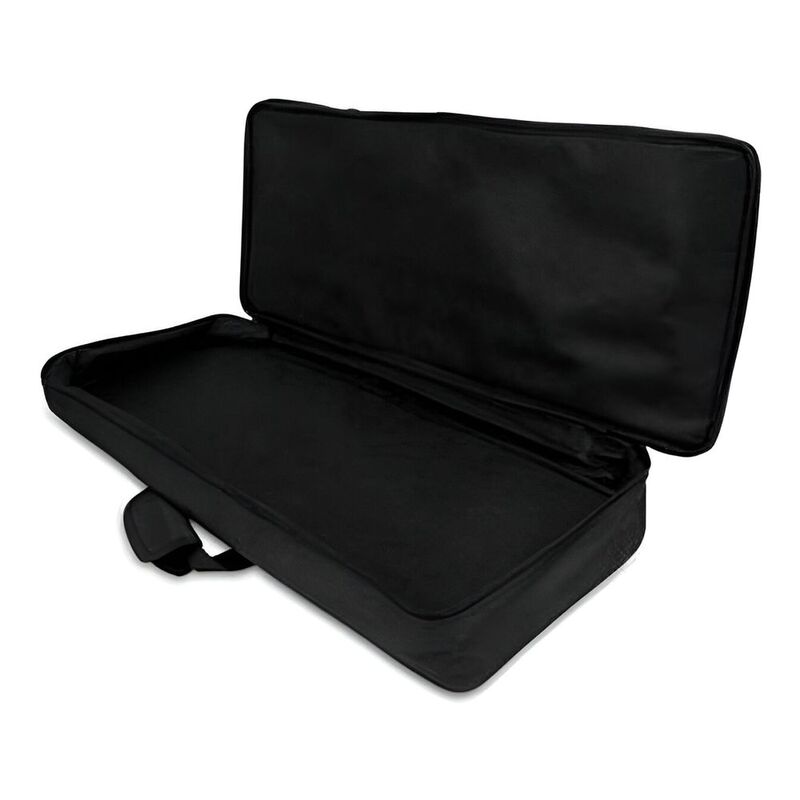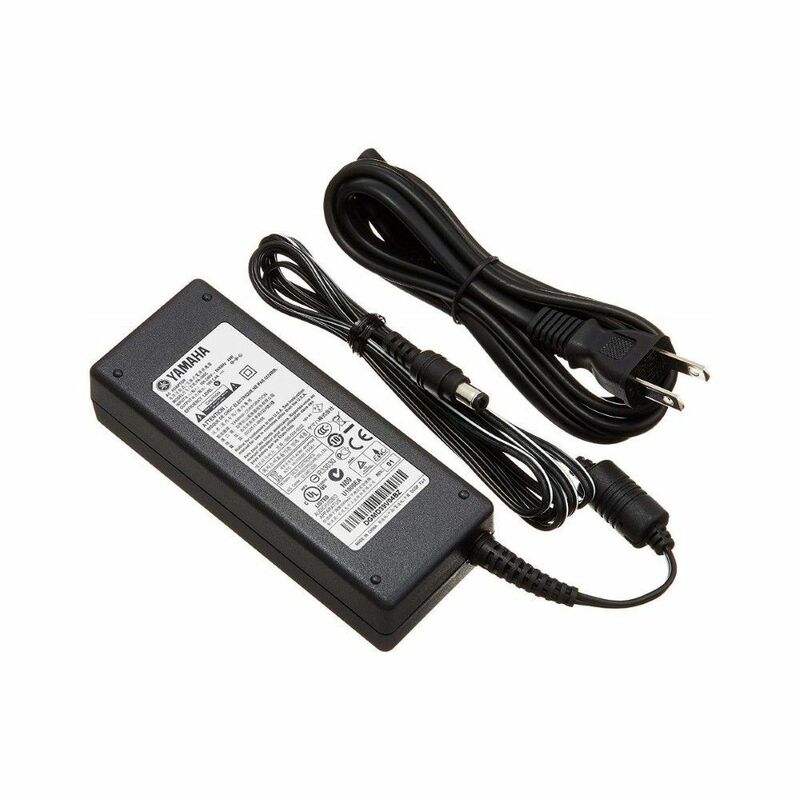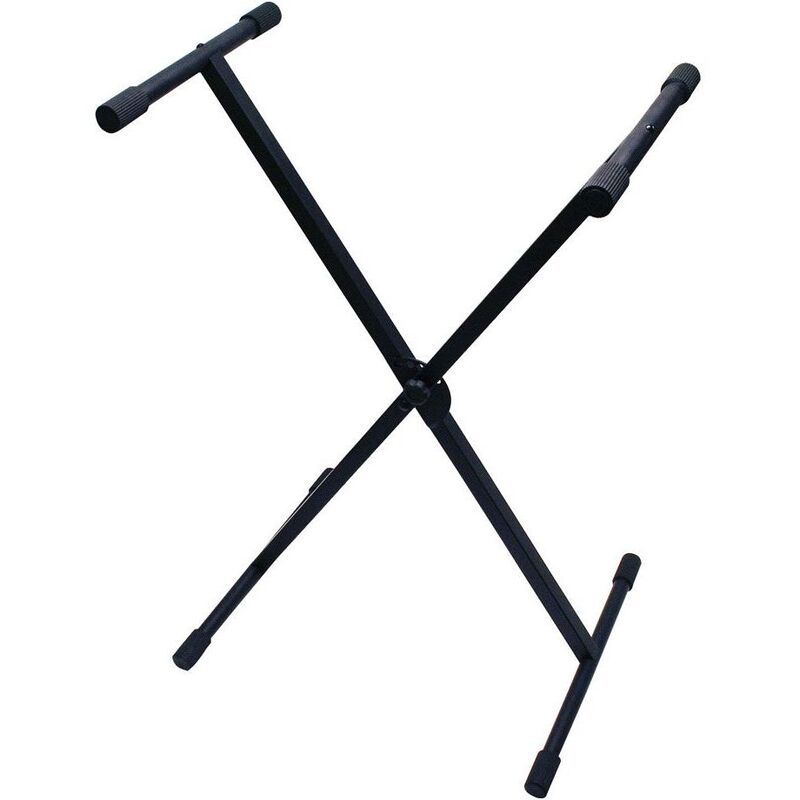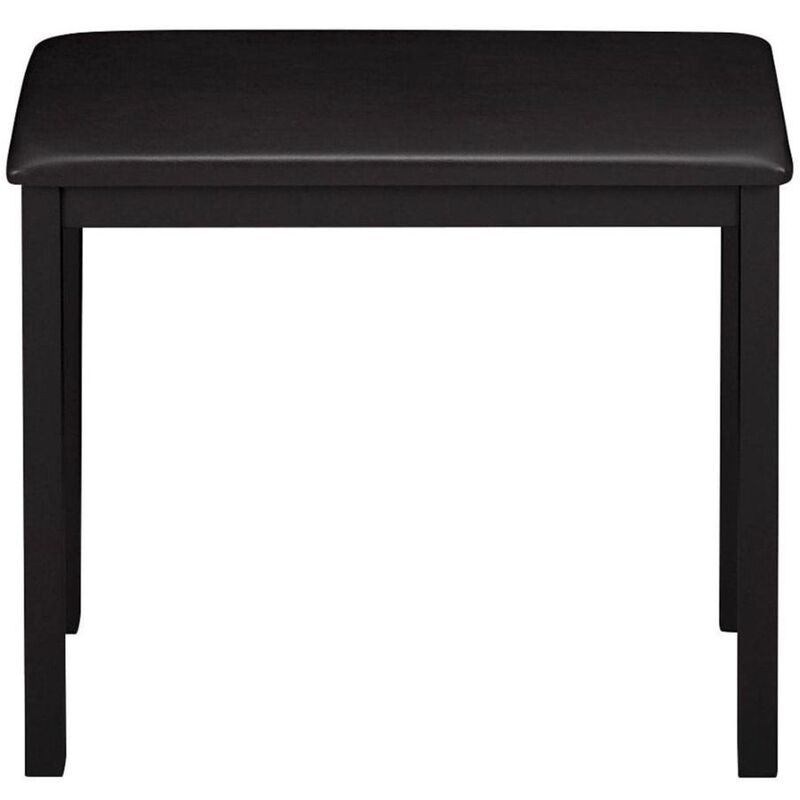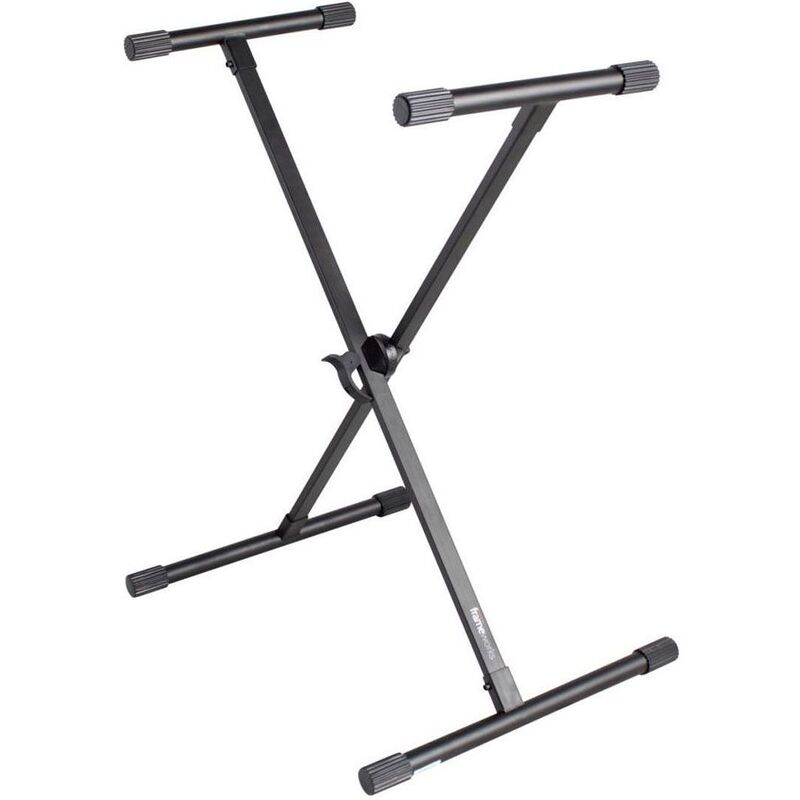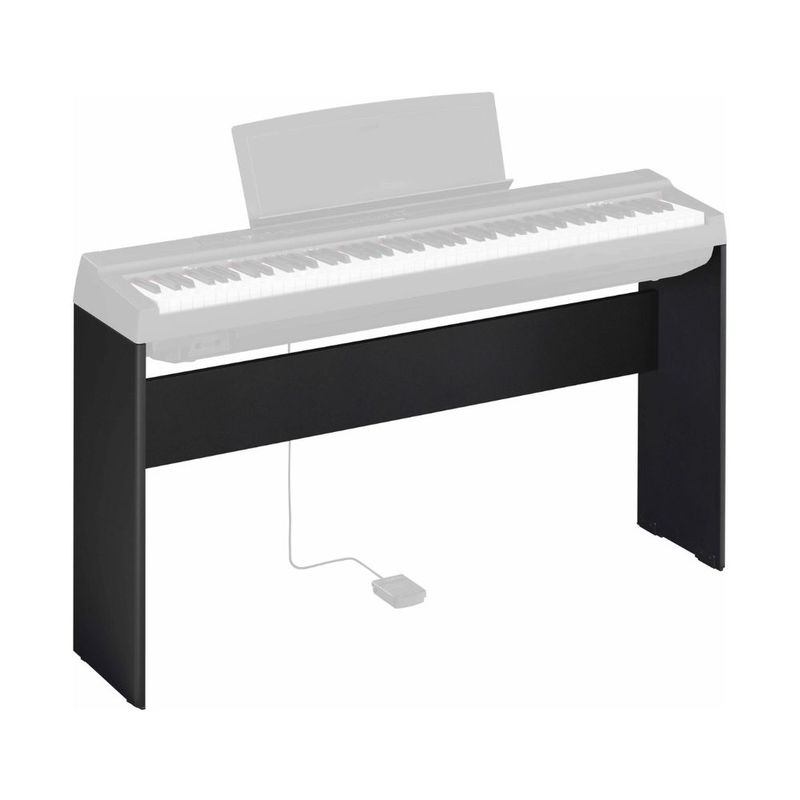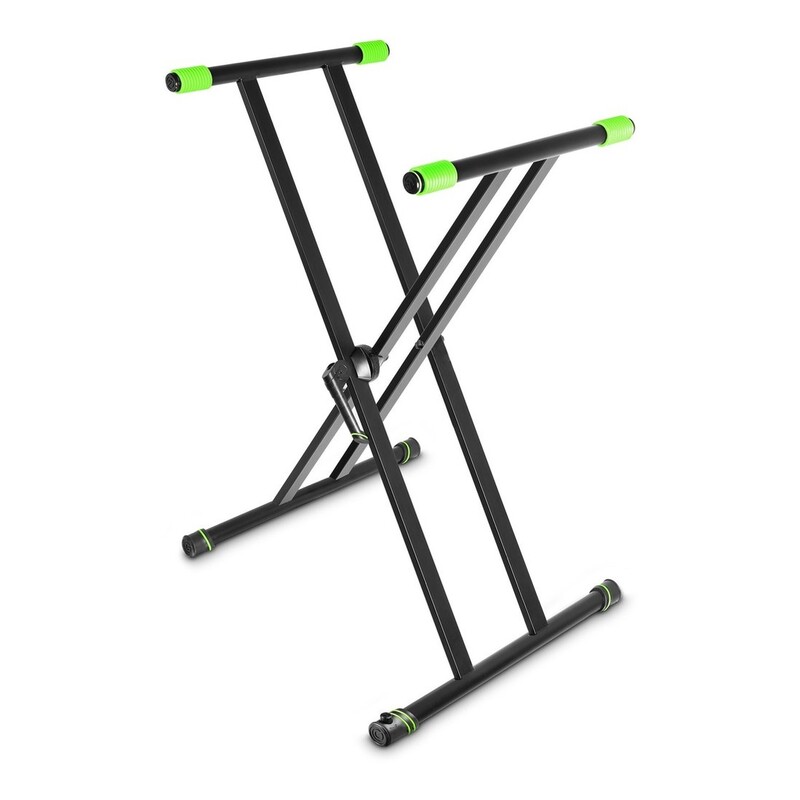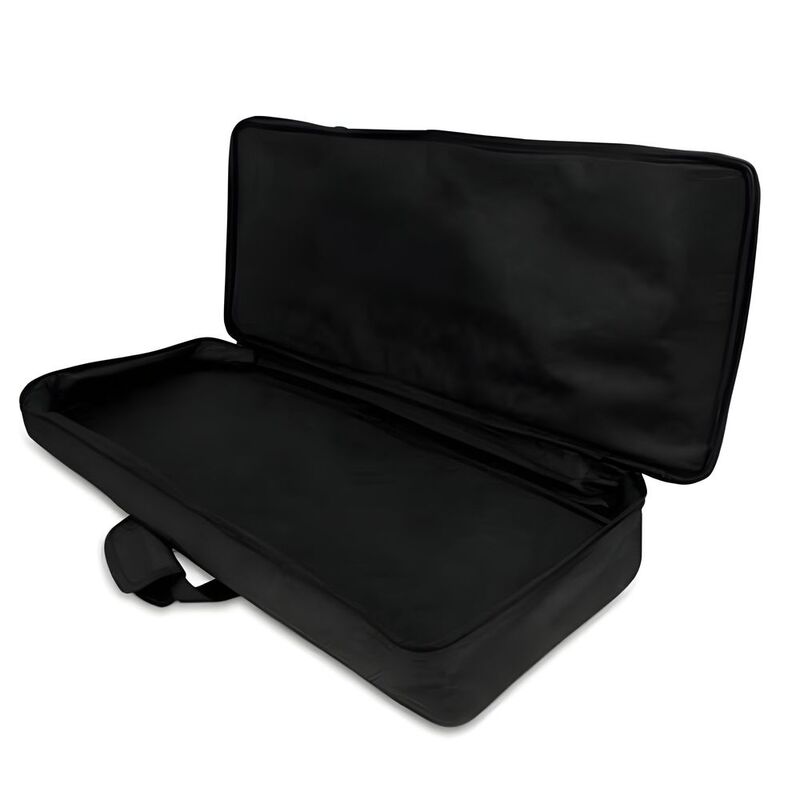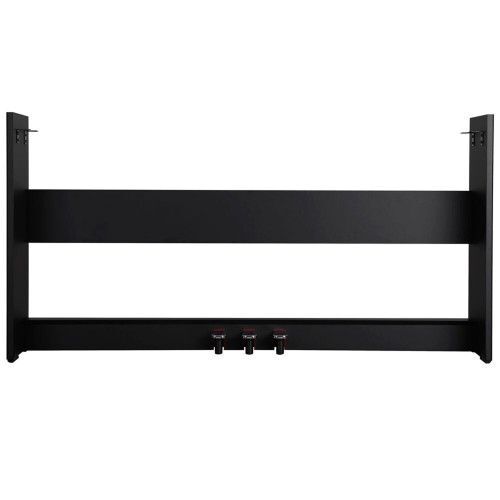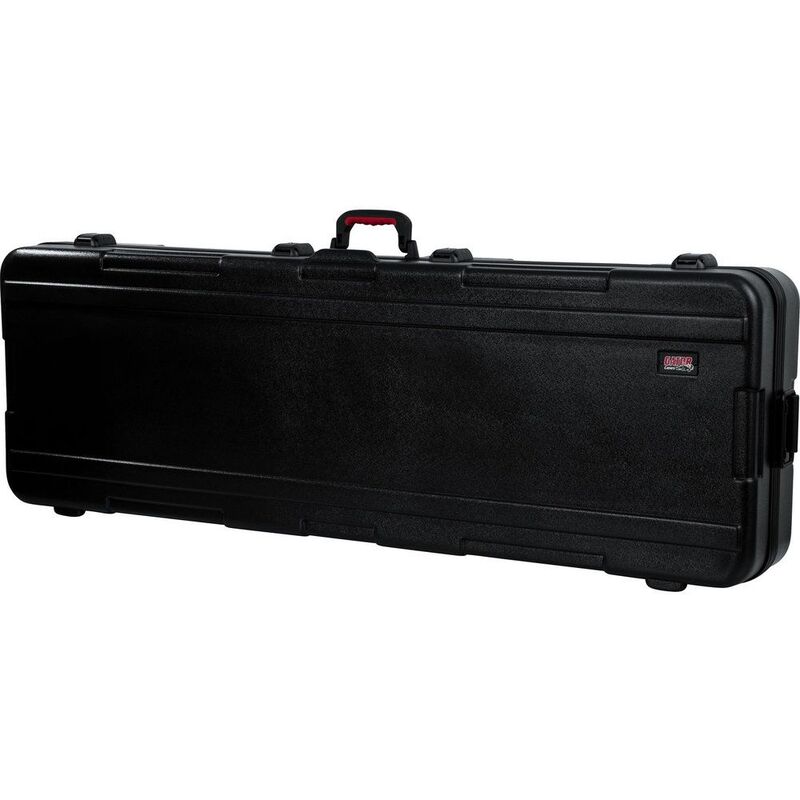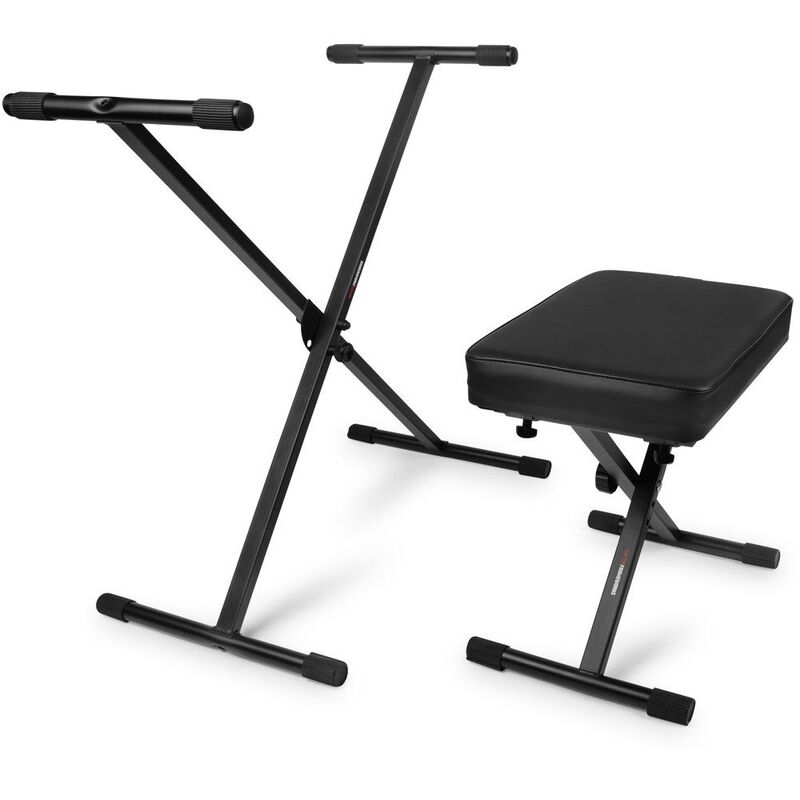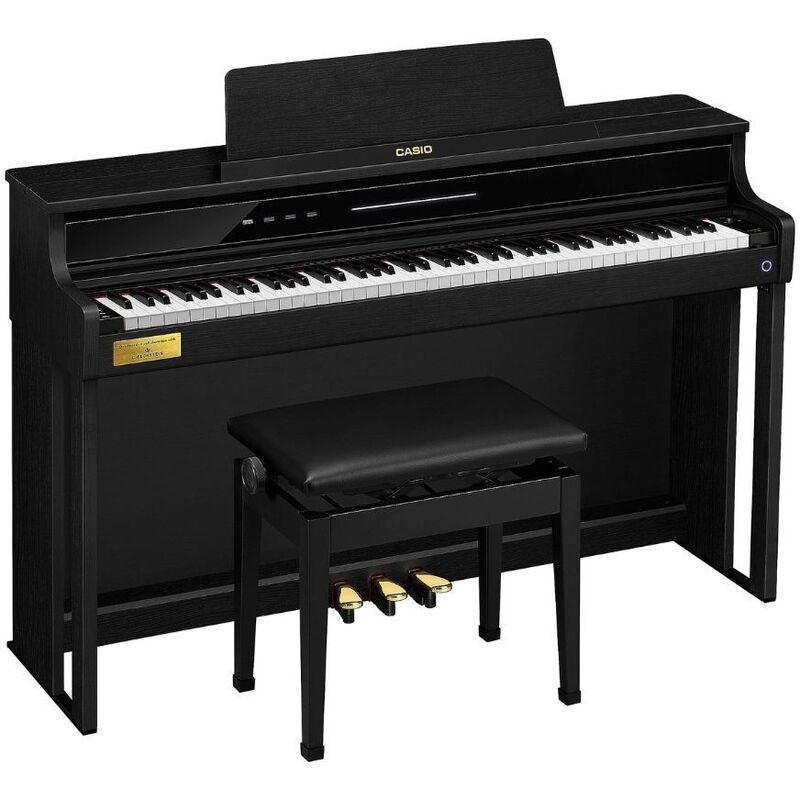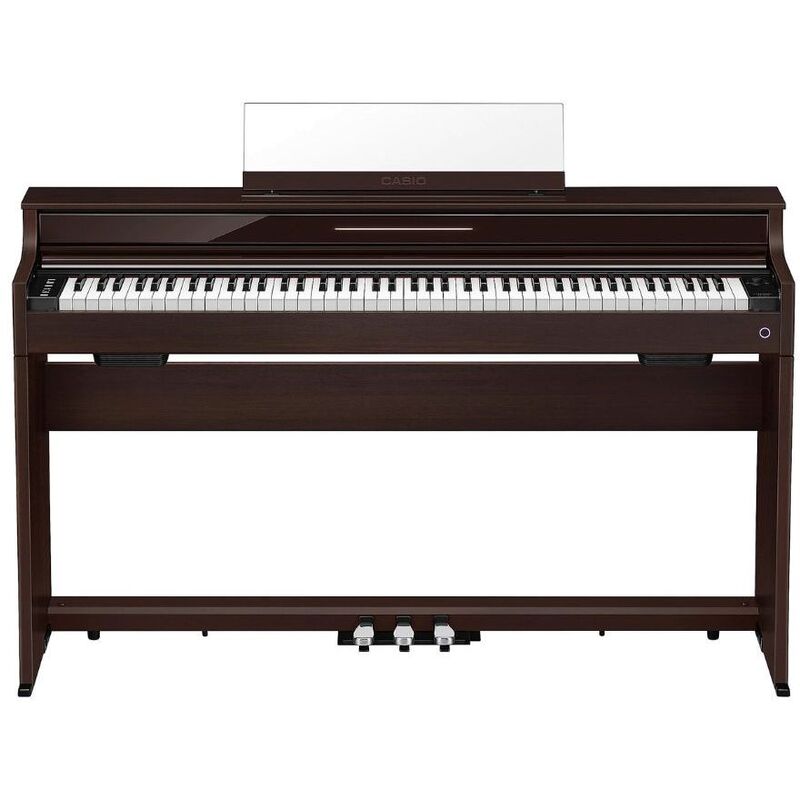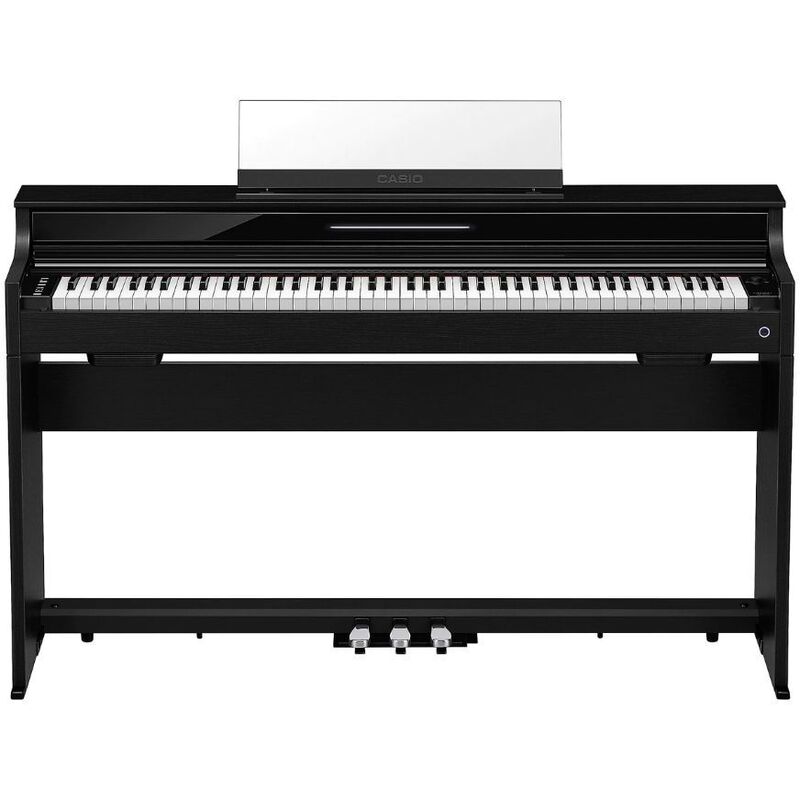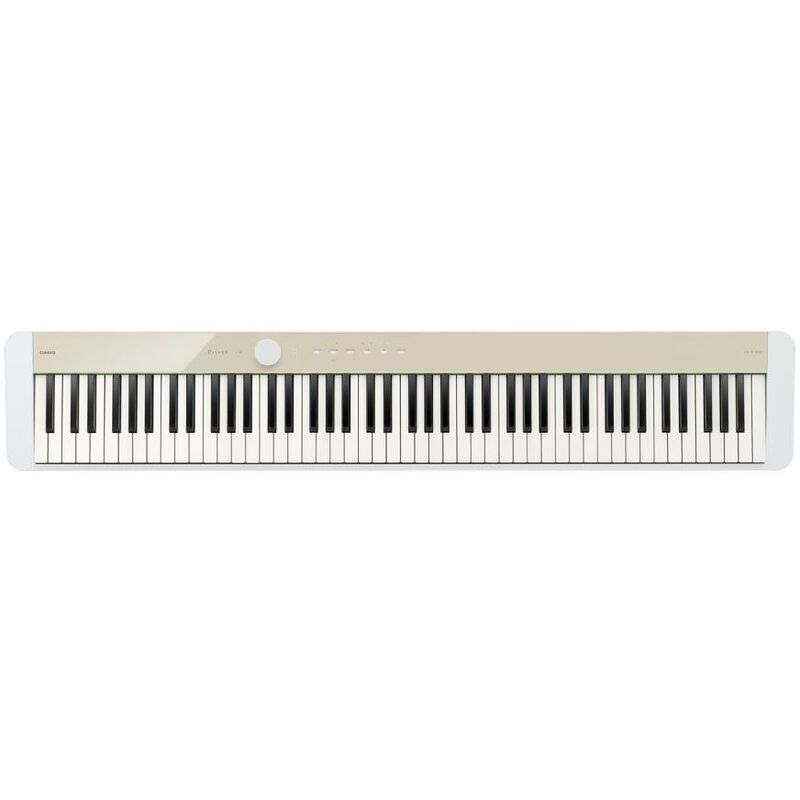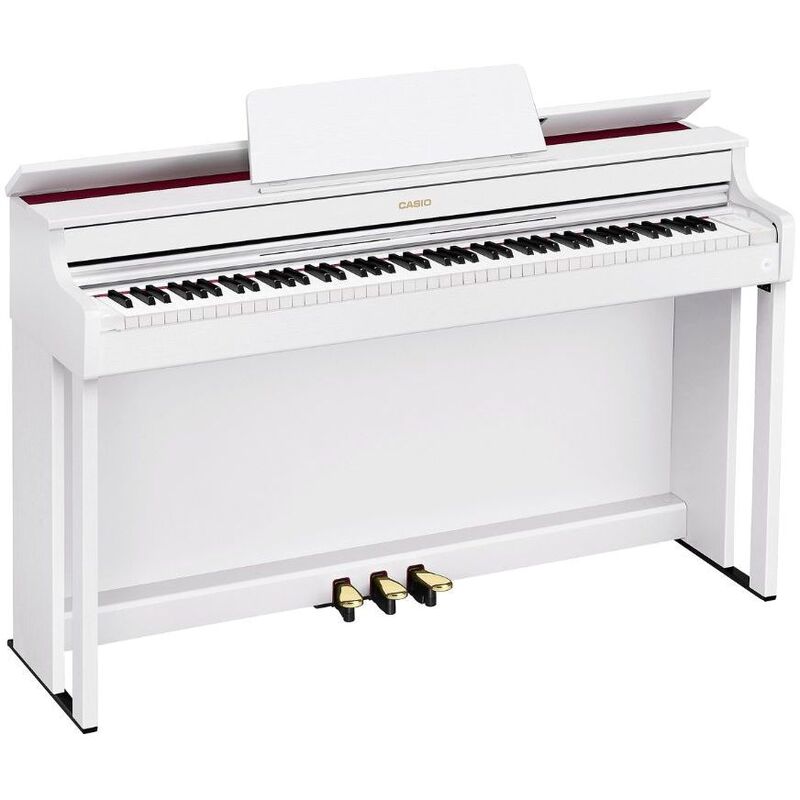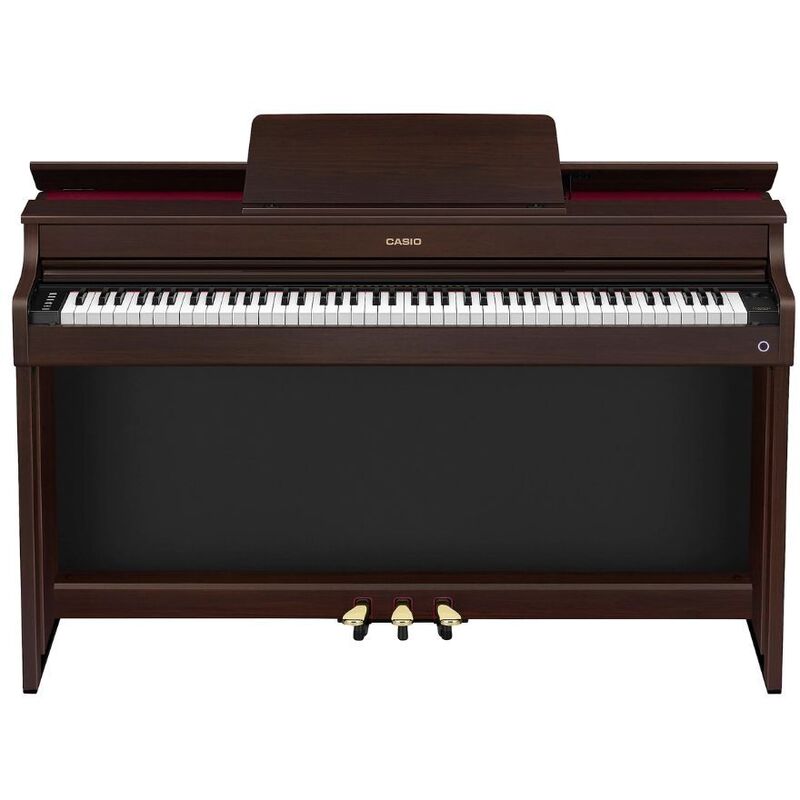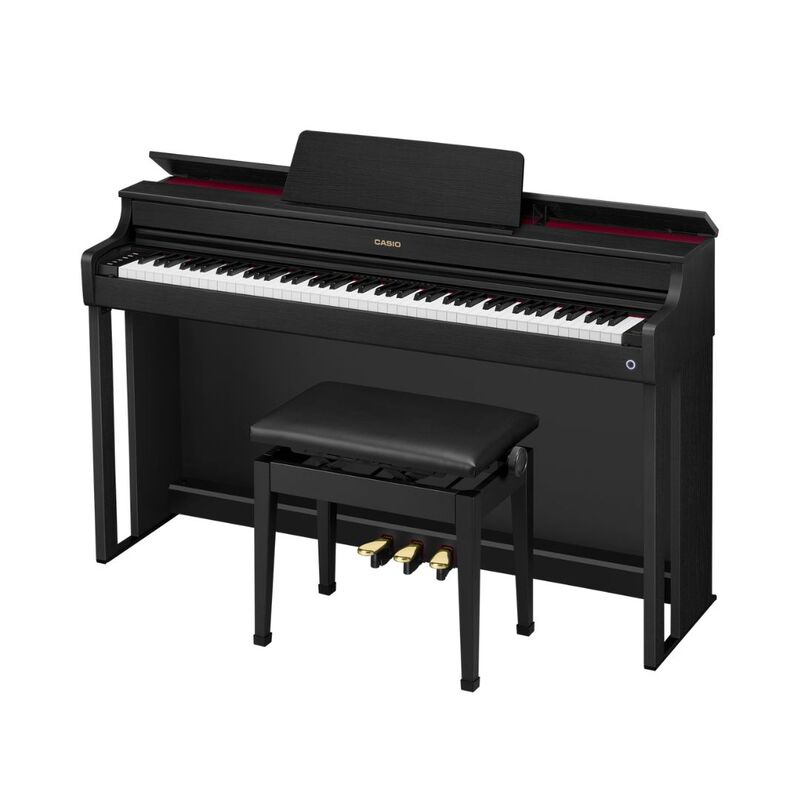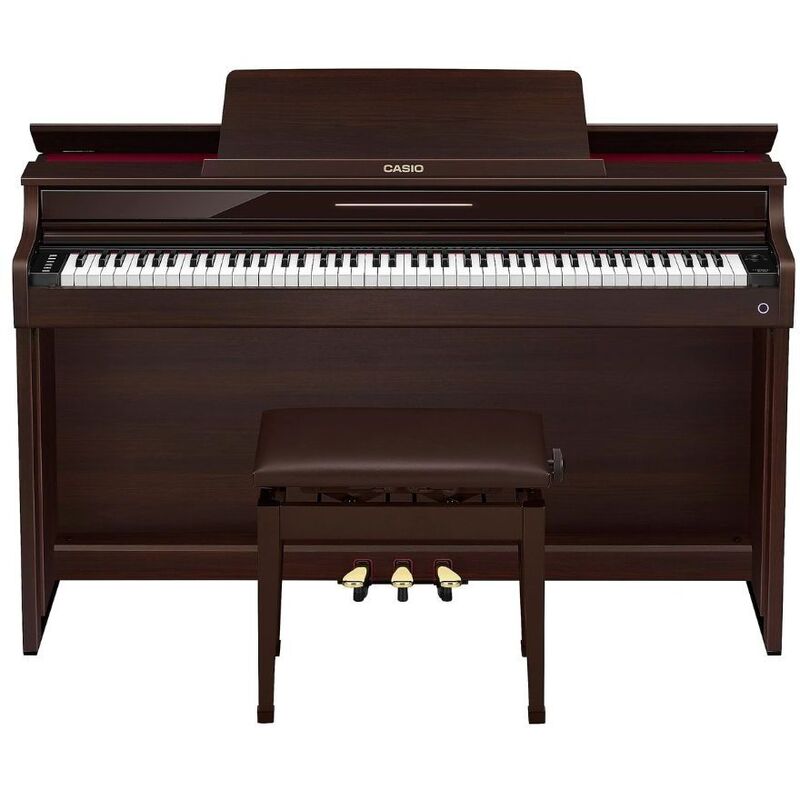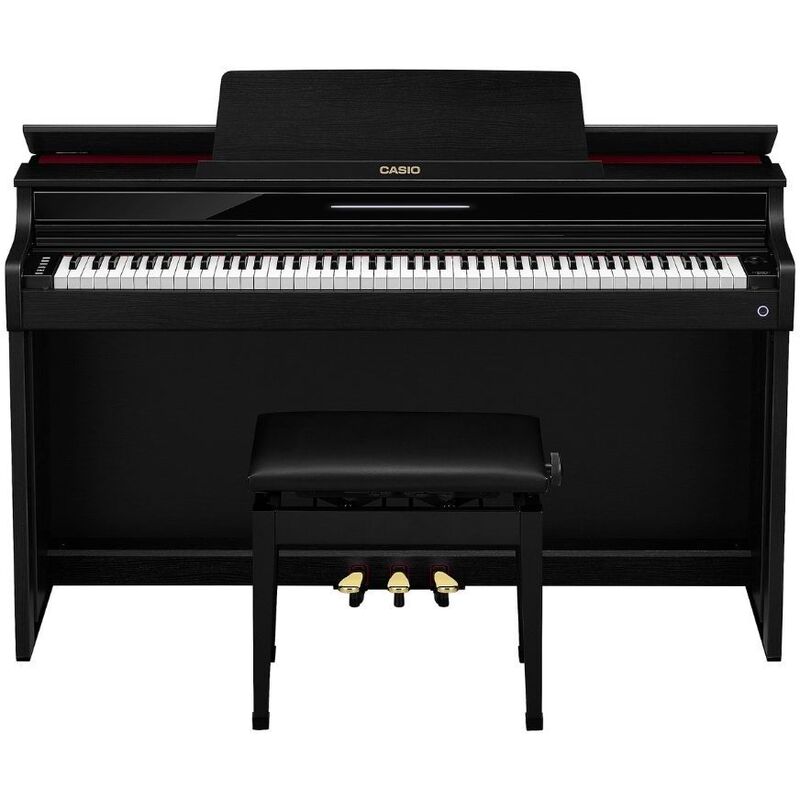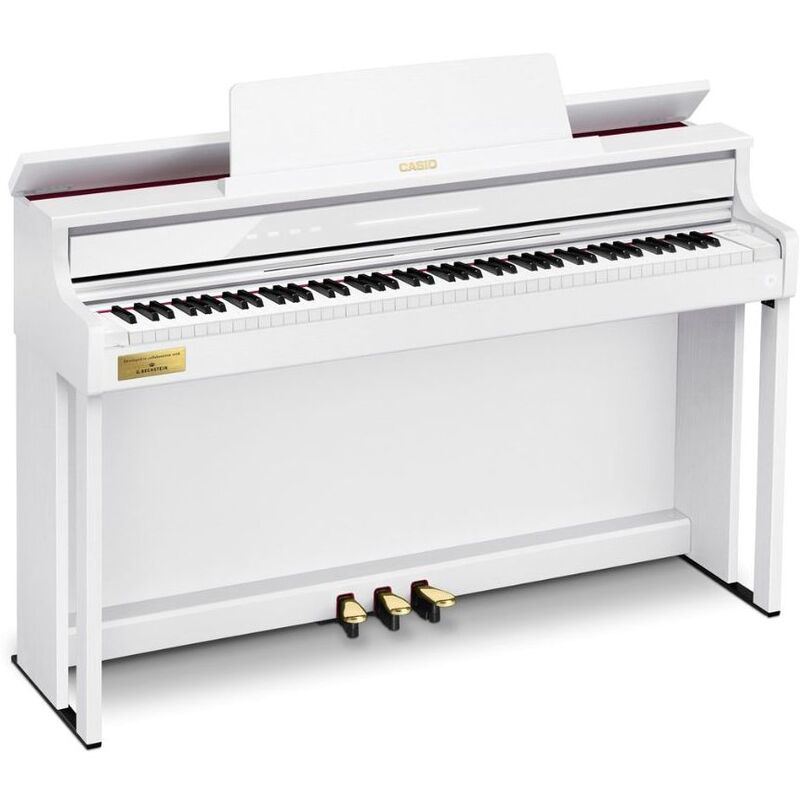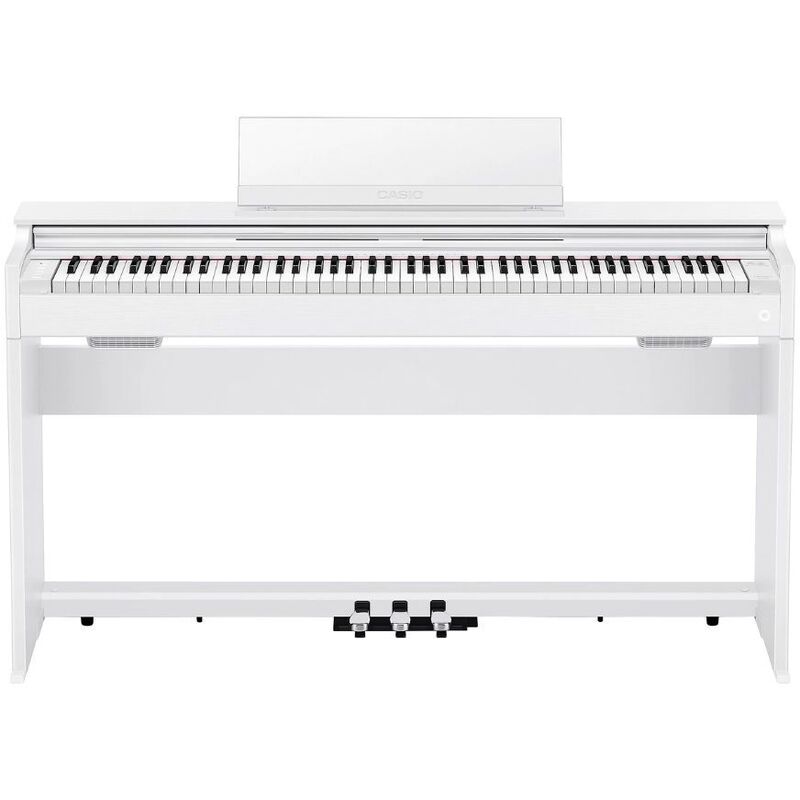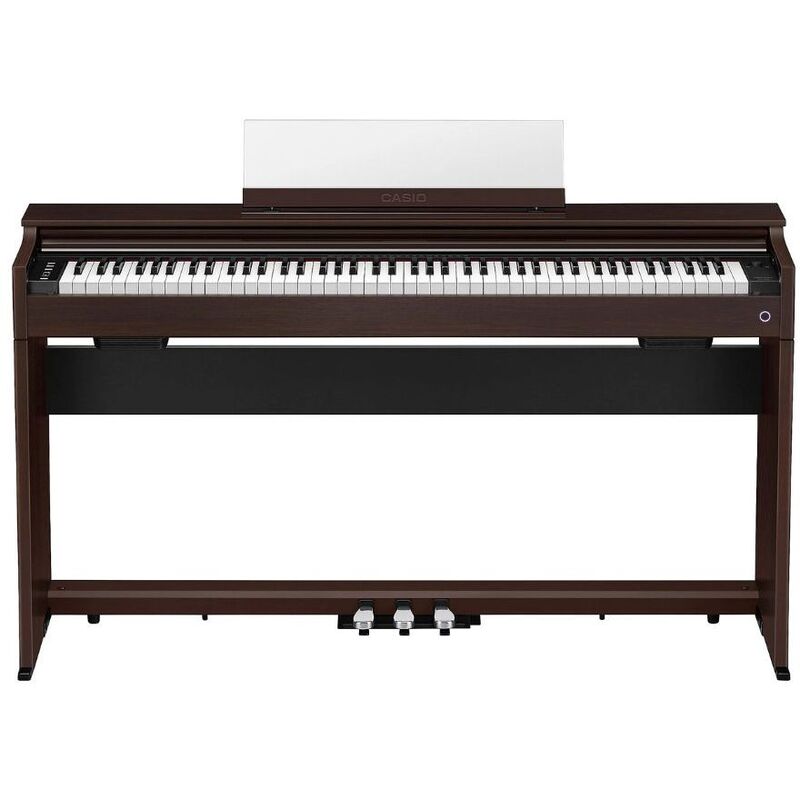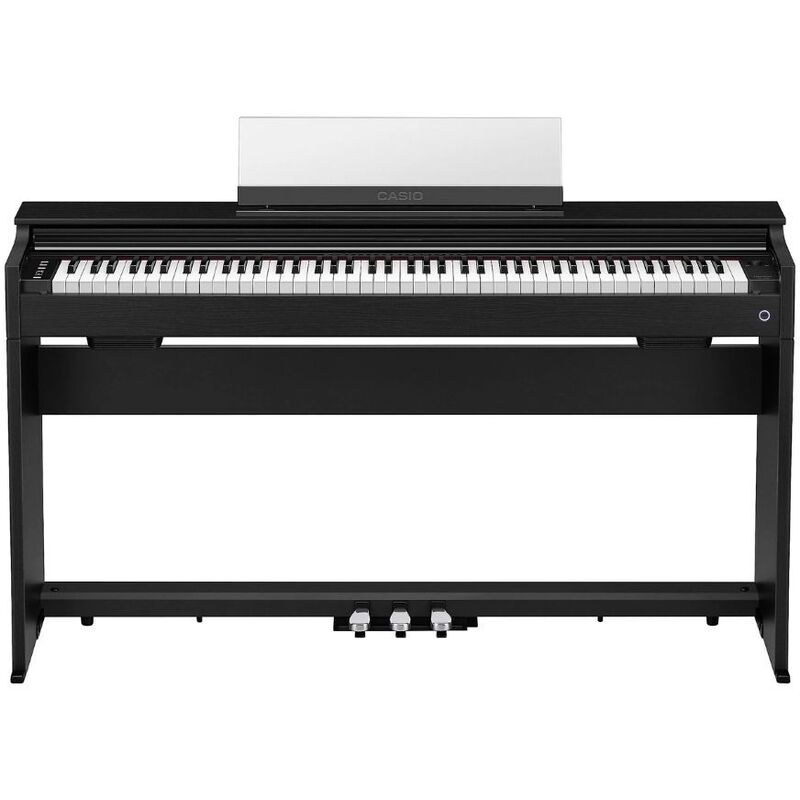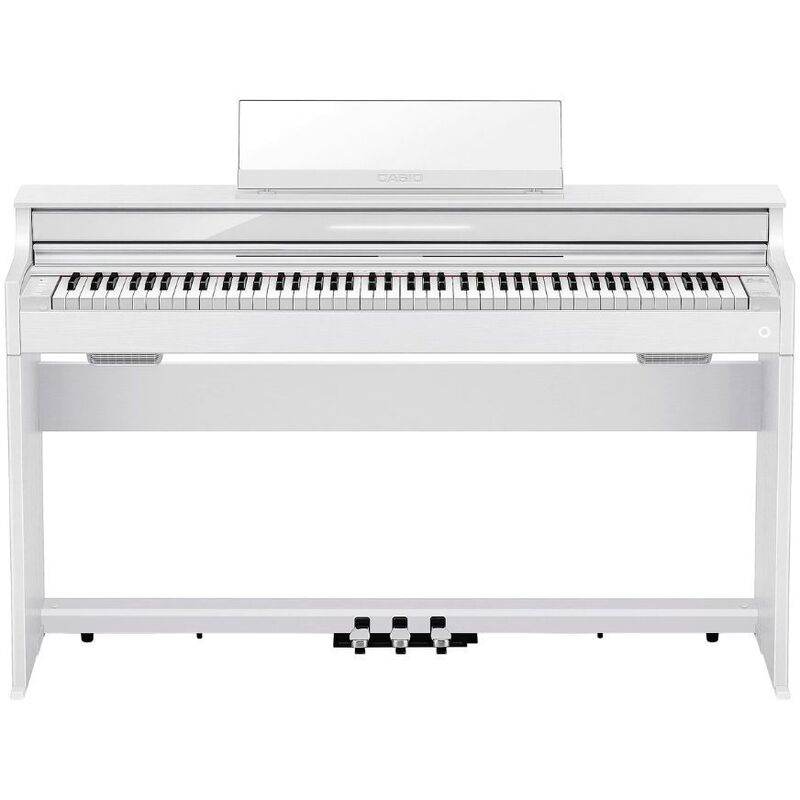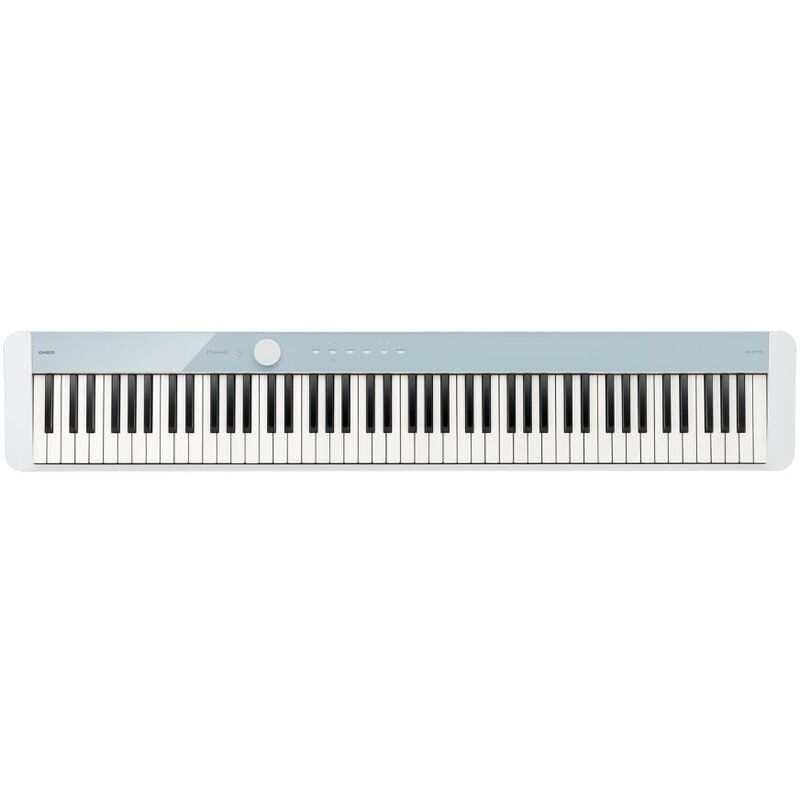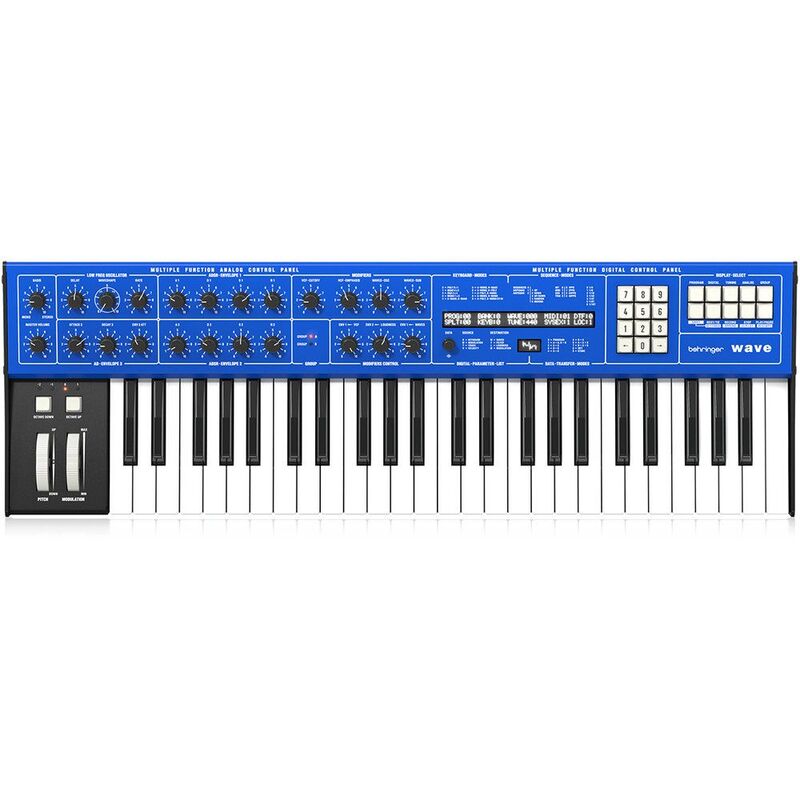Why Learn the Piano?
Learning to play the piano is more than just a fun hobby; it's also a rewarding journey that enhances your creativity, memory, and focus!
This beautiful instrument allows you to express yourself through music, improve your cognitive skills, and unwind with a melody.
So, come along as we walk you through the essentials of getting started and share tips on how to make the piano learning process easier.
1. Choosing Your First Piano
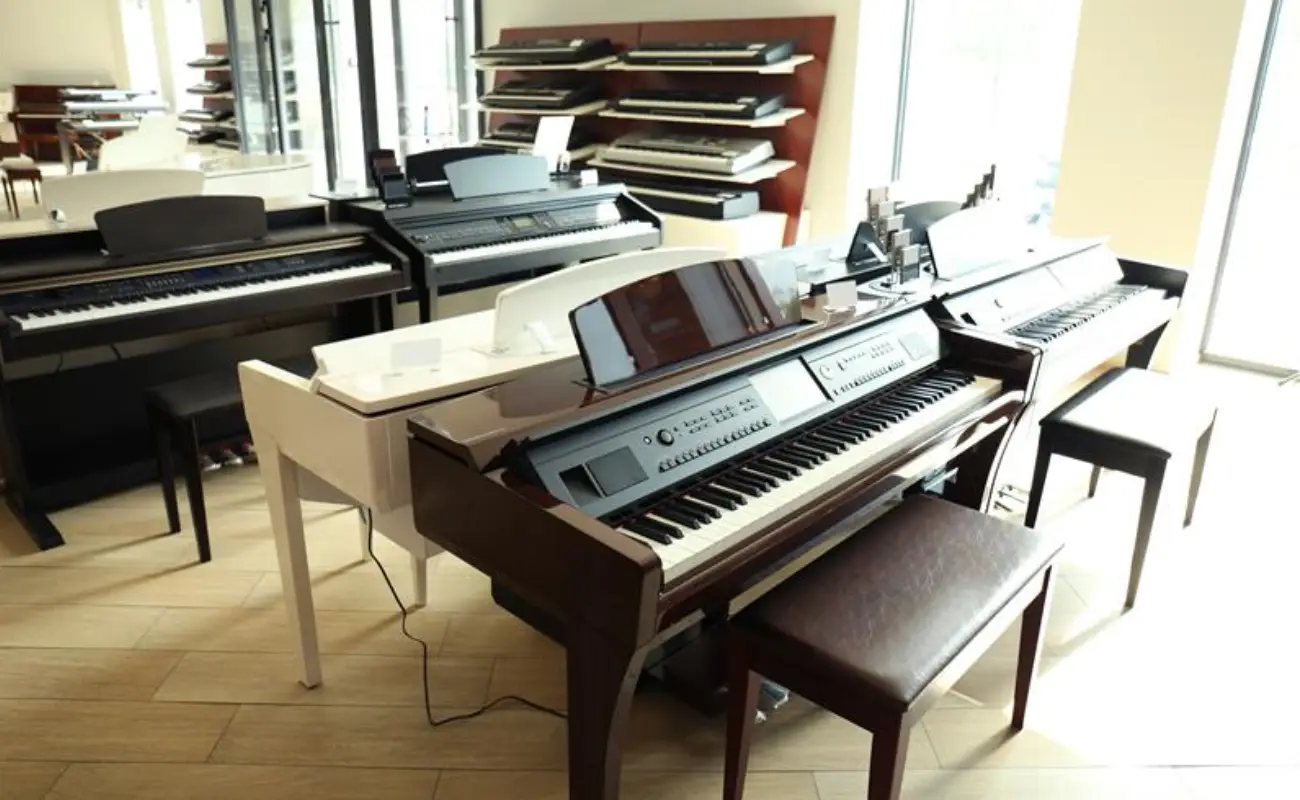
Choosing the right beginner piano is crucial for a successful start to your musical journey. To help you make an informed decision, check out our blog, Piano 101: A Beginner's Guide to Choosing the Right Piano, for tips and advice on selecting the ideal piano to match your needs.
Some must-have accessories are a bench and sustain pedal. Check out more piano accessories!
2. Setting Up Your Practice Space
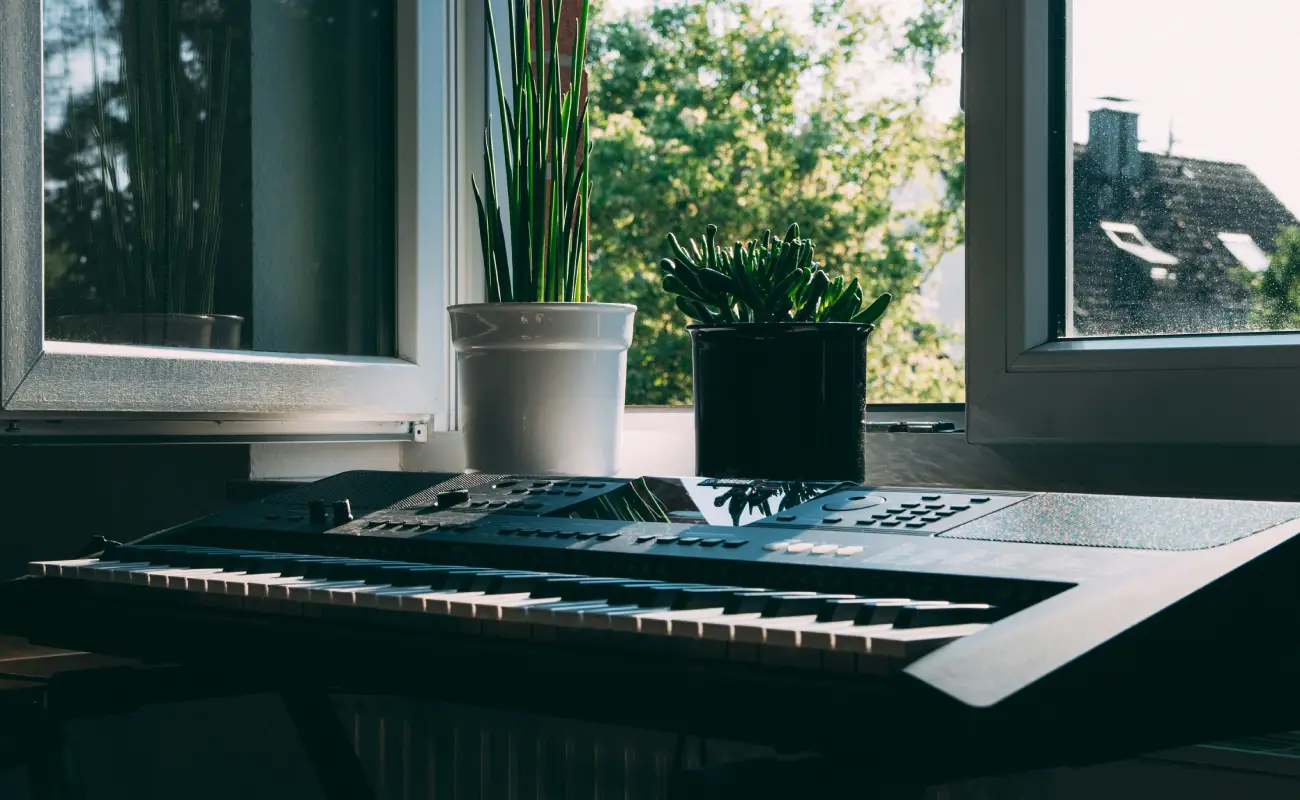
Setting up a small, comfortable, distraction-free practice space at your house would be great for your learning process.
A well-lit area helps reduce eye strain and creates a positive atmosphere for creativity. Ensure your seating posture is correct. Sitting at the right height and maintaining a relaxed but straight posture will help you play with ease and avoid discomfort.
3. Basic Skills to Master as a Beginner

Here are some basic skills to master as a beginner piano player
- Learning the piano layout familiarise yourself with the keys, octaves, and middle C.
- Understanding basic music theory: Learn the fundamentals of notes, scales, and chords.
- Reading sheet music: Get introduced to the treble and bass clefs for reading music.
- Practicing hand independence: Perform simple exercises to improve hand coordination and independence.
4. Practice Tips for Beginners
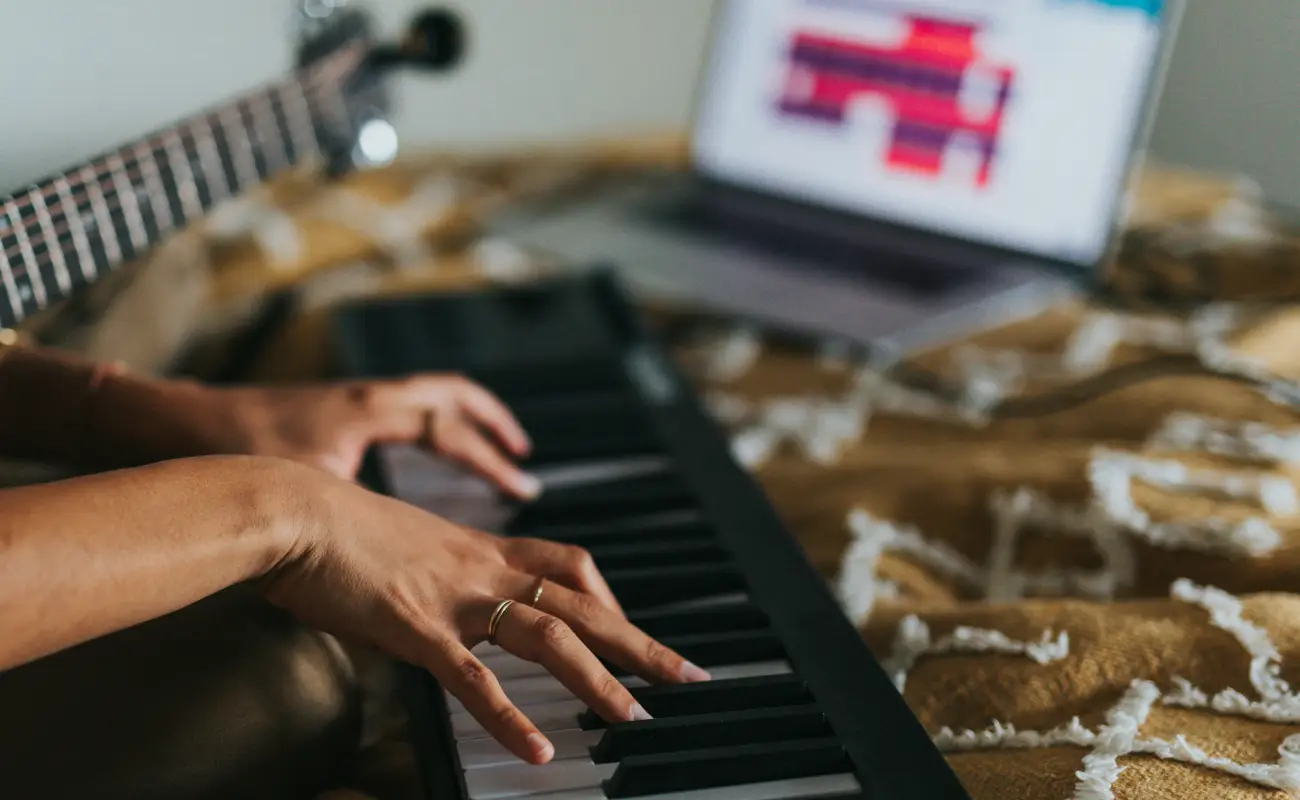
Here are some practice tips for beginners:
- Start with 15-30 minutes of focused practice daily for steady progress.
- Keep your sessions manageable to avoid burnout and build consistency.
- Regular practice is more effective than long, irregular sessions.
- Use a metronome. It helps develop a solid sense of timing and rhythm.
- Record your progress! Track your improvements and celebrate small wins to stay motivated.
Beginner-Friendly Songs to Start With
- Twinkle Twinkle Little Star
- Für Elise (easy version)
- Beginner blues scale
5. Finding Learning Resources
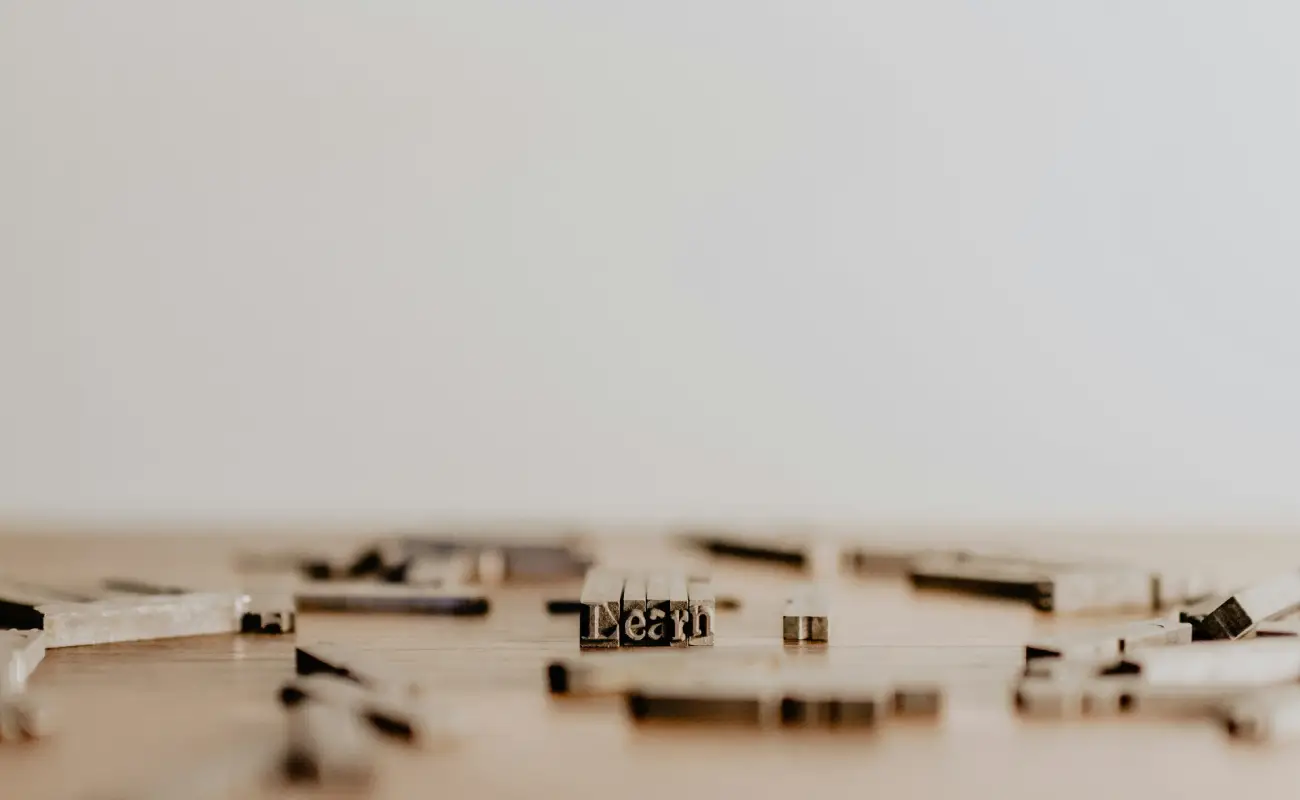
Self-study options
YouTube tutorials and online courses provide flexibility, allowing you to learn at your own pace and convenience.
Traditional learning
Book piano classes. A piano teacher offers personalised guidance, structured lessons, and valuable feedback that can make you progress faster.
Combining both methods—using digital tools for extra practice and a teacher for in-depth learning—will help you learn the piano faster and better. Don’t forget to keep a notebook to take notes on key techniques and concepts during your practice sessions!
Explore a variety of notebooks:
6. Staying Motivated

Most importantly, stay motivated!
Motivation is the key to success; once you start to lose the spark of motivation, you will find yourself procrastinating. We know that learning the piano can be challenging, but with the right strategies, it becomes much easier.
Here are some tips to stay motivated:
- The 80/20 rule—focus on the 20% of your practice that yields 80% of the results to stay efficient and avoid burnout.
- Set short-term goals—for example, learning a favourite song.
- Set long-term goals, such as mastering a difficult piece.
- Join piano communities or forums—gain support, inspiration, and helpful tips from fellow learners.
- Schedule regular mini performances—perform for friends or family to boost confidence and stay motivated.
You can do it!
Learning the piano is an exciting and rewarding journey that requires patience, practice, and the right resources. Start by mastering basic skills, setting achievable goals, and creating a supportive learning environment; you’ll be well on your way to making music a part of your life!
Remember, progress comes with time, so stay motivated, enjoy the process, and celebrate each milestone along the way. Happy playing!
